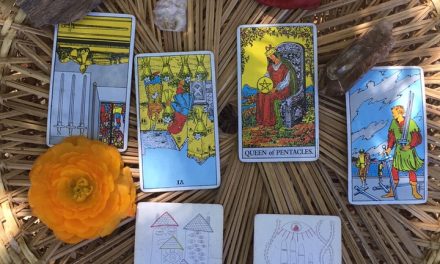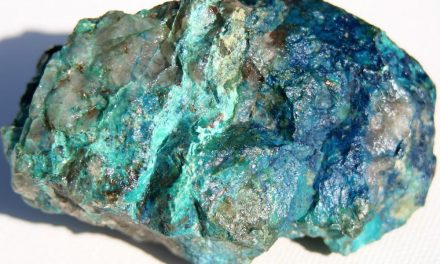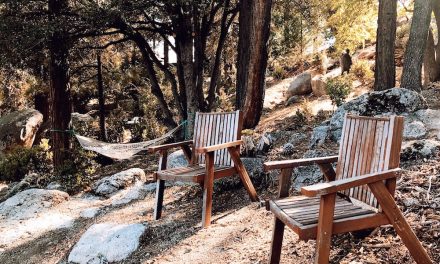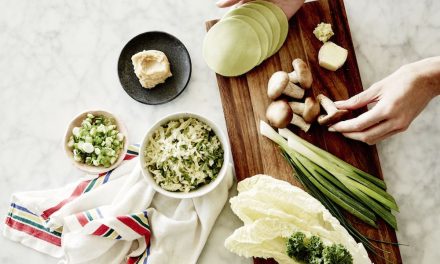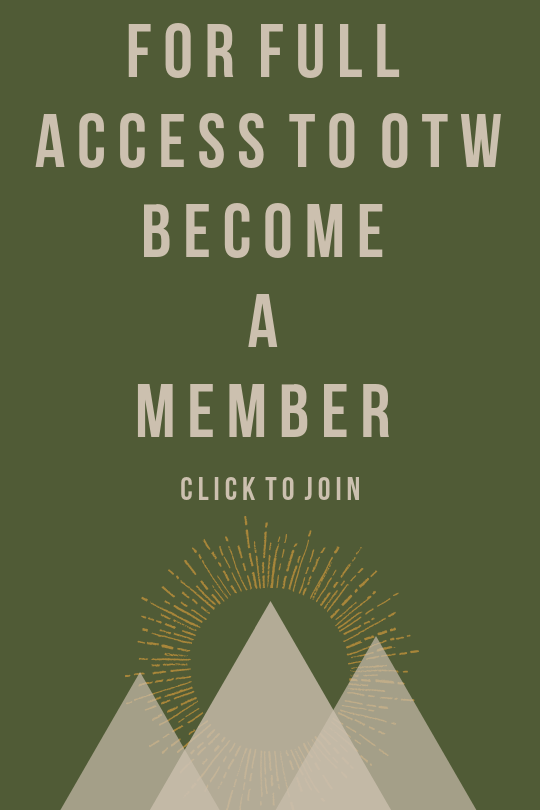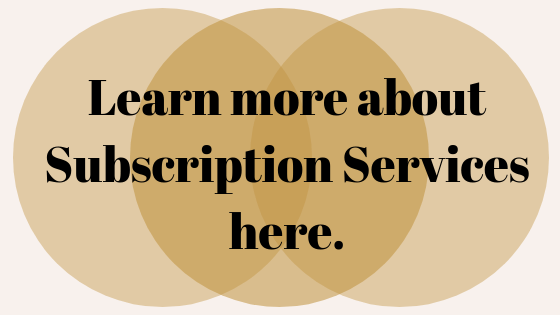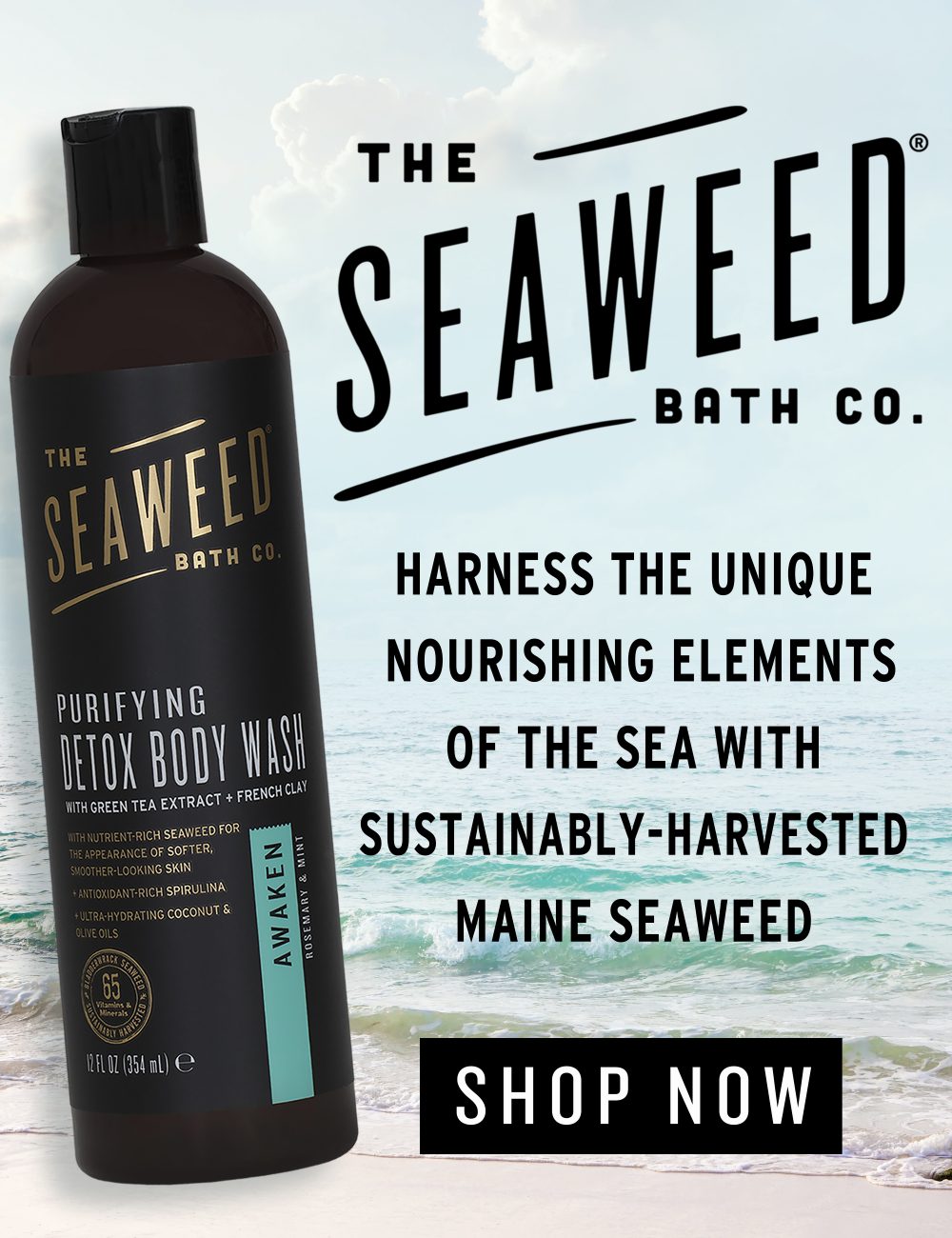The War on Women’s Health | An Interview with Nutritionist Nicole Granato
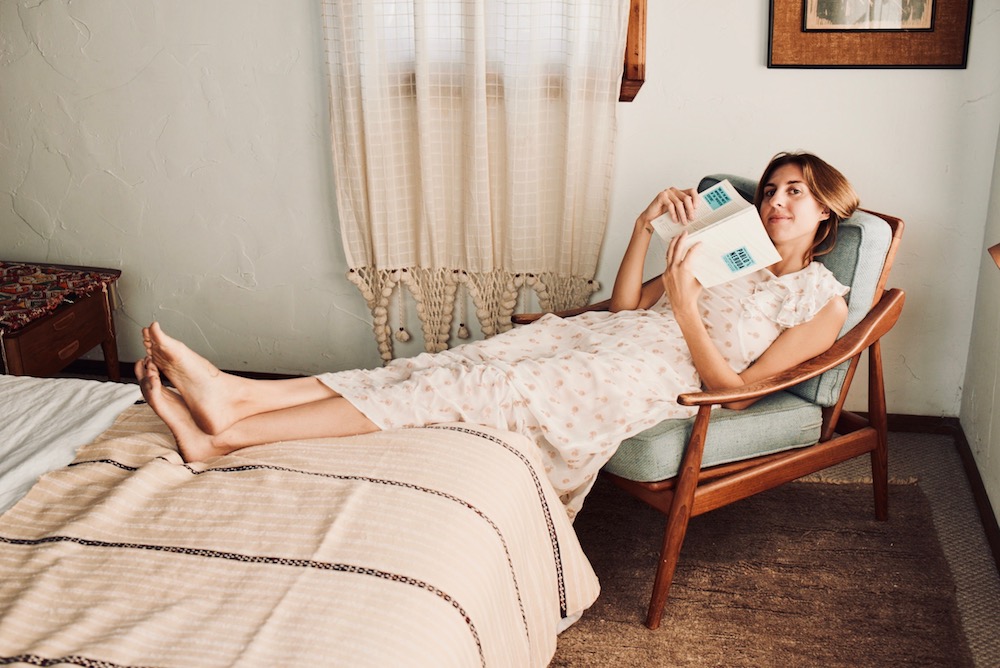
“My personal belief as of recently is that one of the main attacks on women at this point is actually on their health.”
In early adulthood, Nicole G. was diagnosed with PCOS (Polycystic Ovarian Syndrome). Cysts had grown on her ovaries; she had lost her period; and she experienced many other serious hormonal imbalances. Doctors recommended surgery, but Nicole chose to immerse herself in the world of holistic nutrition and began to create different blends of herbs and superfoods to help her heal. After five months, she eliminated her PCOS. Over four years later, she now helps other women through similar strife.
Because of her own struggles and self-found solutions, Nicole became a Women’s Health expert, specializing in PCOS and hormonal health. She became exceedingly passionate about helping women seek out their options and build stronger education around their bodies. Through her personal journey with PCOS, Nicole discovered the importance of self-care, proper nutrients, and balance in food. The Nicole Granato Detox and Nourish products grew from this first-hand experience of healing with nutrient-dense plants.
I wanted to chat with Nicole after stumbling upon her work so that we could offer you all some alternative ways of viewing your hormonal or reproductive system challenges or disorders. Almost all of mine were managed with herbs, adaptogens and diet for almost ten years. Recently, I was forced to concede that a combination of Westernized and holistic health was my customized path towards redemption from chronic pain and inflammation. Somaticized, prolonged trauma had wreaked havoc, but the long-term path I will always walk is one of holistic health and consuming plants and herbs.
Following is the generous conversation Nicole and I shared. Should you seek to work with Nicole or have questions surrounding this health path, you can find her general information at the close of this dialogue.
How long has it been since you began navigating your PCOS and hormonal imbalance struggles?
Well, it’s been about four years now, but I don’t personally struggle from it anymore. It took about a year to really heal and get to a better place with it and years of hardship before I was even diagnosed. I was very young. A lot of what I was struggling with was acne, or my weight being off, not getting my periods, abdominal pain, mild depression, and being overall ‘hormonal’. It was easy to associate these symptoms with growing up and my hormones changing.
When I found out about the PCOS, I began looking at everything from a much wider lens and looking at how everything contributed to the symptoms and how it all came together. For instance, how digestion was impacting me, building blood, etc. In Chinese Medicine, they say a lot of disease comes from stagnation of blood and not having healthy blood flow. In thinking about that, especially in the uterus, having proper blood flow became a focus for me.
How do you feel about birth control as a treatment for PCOS and hormonal imbalances?
Personally, I was never on it for long, but I do believe it is one of the worst things for PCOS, because when you’re on the pill you’re not actually menstruating. The pill you take is giving you an abnormal, pill-led period. So, on birth control you’re stopping something that is so natural, particularly for developing women. With the pill, I find that in one sense it can help balance your hormones and in another it’s stopping something so key in your body as a woman that down the line could create much bigger problems.

I’m curious, going back to the origins of your story, how much of this do you feel you had to navigate on your own vs. doctors really helping you?
EVERY SINGLE THING. When I got diagnosed, I asked what I should do, and they said there’s nothing I can do. I just had to live with it. Then I was told I could and should go on hormones. And I thought, ‘nope’. And that was it; I never talked to another doctor about it to this day. I’ve gone to get ultrasounds, and I go and get my pap smears every year. What I haven’t done with my doctors is blood work, as I think sometimes that can almost scare you more. An example of that being vitamin D. Many doctors will tell people they’re deficient in this, and the truth is almost all of us are! But many people don’t understand that, and think, ‘oh no, there’s something wrong with me’. Sometimes we hear the word deficiency and overload our body with that nutrient.
So, you left the doctor’s office with a PCOS diagnosis, and…?
Everything I did was through food, herbs, and consistency. I believe this is definitely key. Like eliminating processed sugar. Though I am obsessed with peanut M&Ms! So, I’ll eat them occasionally yet notice it in my body immediately. Some people say eating white sugar is like doing drugs. I’ve never been one to take drugs, but I can only imagine that when you do there’s that instant feeling within your body – I imagine this is somewhat like what I feel like when I have processed sugar.
It’s really powerful what your answer was before – feeling as though you had to navigate PCOS alone. So many of us these days MUST be our own advocate and investigator. The medical institution is not well architected to help us in many instances.
I have not had one client in four years, that I can think of, who has come to me and said their doctors gave them any hope, answers, or knowledge on what to do that made sense. It was either telling them they’re going on medication or they’re just living with this. Not one woman in these past few years. Further, it is common practice to tell women to eat dairy and to consequently pump all these hormones into their bodies.
Also, I want to honor that some bodies can and some can’t rid themselves naturally of this disease or hormonal imbalances. Some have an easier time than others. And if this is your struggle, you don’t have to accept feeling badly for the rest of your life either way. My personal belief as of recently is that one of the main attacks on women at this point is actually on their health. I see it a bit like this – we have 12-year-old girls on birth control. No 12 year old should be on birth control, and they’re on them for hormone control. Then they become 25, and they’re experiencing this chasm between their hormones trying to mature naturally and having synthetic hormones in their bodies. Then you might hit around 30 and consider going off birth control, beginning to family plan, and then there is an explosion of issues. This can lead to having to go on IVF or other hormonal interventions, and, ultimately, in backwards reflection, we realize we’ve spent almost all of our lives on hormones, under the thumbs of doctors for something that is quite natural.
There are so many attacks on women in current times right now, and one area I don’t think we’re really looking at is the attacks on our health.

And it’s just in our heads so often, right?
I can’t even say how many of my clients tell me their doctors said, ‘It’s just in your head’. No, it’s actually not. My clients know they’re not feeling good. There are so many theories and methods in this industry, and some are trying to make money off of their theories of how to treat this. It’s not that difficult. Many of my clients comment on that, and that’s just it – treating these disorders and imbalances shouldn’t be difficult or deter you from living your life. You don’t have to live a life of restriction or second guessing. It’s about eating real food and eating intuitively. We shouldn’t be feeling sick from what we’re eating. We need to start listening to our bodies, and most of the women who approach me say that. They say, ‘I was told to go on medication or do it this way, and that just doesn’t feel right’.
This is a piece that I’m writing a lot about right now – how to feel into your body and know what you need. How to recognize that even if you eat something and don’t feel good – even though it might have been prescribed to you as a diet – don’t eat it. Instinctually, we know certain things about our bodies, but we’re listening to others and so-called experts and not listening to ourselves.
Yes, I would love to get into that more. You clearly became passionate about these topics and helping others, so how did you go from a PCOS diagnosis to women’s health specialist?
When I first got diagnosed with PCOS, it was pretty traumatizing to think about potentially not being able to have children or having struggles in that area since that’s such a huge part of who I am. I went into a pretty hard depression about it. Then realized I really need to figure this out. I was raised really holistically. Growing up, we ate really well and clean and hardly ever took any medications. That was the most instinctual way to go about it, and so when I healed myself I started doing deeper research. I then applied what I’d learned in college studying nutrition and realized this is what I was meant to do. I kept meeting women who were only feeling worse – hair loss, hair growth, massive amounts of depression and pain. I just thought this is not normal. So, I put together how I healed myself into a program, and then I started taking consults and watching women start to feel better.
I just recently had a woman come to me with 17 cysts. About six months later, all of them were gone. She had been on medications for ages, but she followed the plan. That’s not luck. That’s allowing your body to heal.
These changes are not easy either, right?
Yeah, I think the first two weeks are the hardest, but as they start feeling better they start to realize just how badly they felt and for how long! That’s why I help.
From a high level, for our readers, what is the process like in working with you? What does it look like?
My programs are like lifestyle plans, so clients don’t do it for a couple of months and stop. This is information for a way of living. I want them to incorporate this plan into their lives for the long haul. They could feed their families like this. Live this way with their partners. So, it’s a longer-term process. My goal is not to need people to keep coming back to me. My goal with my work is to meet with them, consult with them, and give them the plan with only a follow-up call needed. And that follow-up call is to evaluate how they’re doing with the changes, because within 30 days you can tell a lot about how they’re responding. Then, we can make some changes and adjustments that fit their body specifically, and from there they often don’t need much from me or my support. That is the ultimate goal.
I don’t want anyone to feel as though they can’t do this on their own. Building women’s confidence is part of the goal, too. My strict beliefs are that the eating should be intuitive, clean, and best for their body, and if that means becoming vegetarian or vegan or a certain diet then that’s what their body needs. Or if it means you do want to eat meat then I offer healthy ideas and options to do that.
In addition to that, without giving too much away from your program, do you think there are any basic things most women should consider for their health?
Yes, I think a morning routine. Most of us are taught breakfast is the most important meal, and a lot of us force ourselves to eat breakfast because of that. The focus should be more of what do you need from the morning time and adapting your ritual around that.
Also supplementing, meaning avoiding certain processed and acidic foods and exchanging something healthy and still enjoyable. My program is about a 35-to 40-page program that also goes into things like candida and really just the full body – really top to bottom of health and fitness.
Yes. I’m curious – when someone approaches you with negative symptoms but without a diagnosis, what are some of those symptoms and concerns they’re presenting to you?
Inconsistent menstrual cycles, skin issues, weight issues, a lot of anxiety, particularly around eating. It really is all over the board. A lot of women are not being diagnosed who very well could or should be. I believe having a diagnosis of a reproductive disorder is helpful because then they know more about what they’re dealing with. So really, women who don’t have a diagnosis come to me with the same symptoms of PCOS or Endometriosis just without knowing what it is.
Going back to the powerful statement you made about the attacks on women’s bodies, do you also think there is heightened awareness now about disorders like PCOS or Endometriosis? Or do you think we’re not really talking about them enough?
I think there is more awareness about these disorders, and more and more women are going to get checked. But I don’t think there is enough clarity on how people can actually heal from it. There’s still a lot of people who don’t believe – namely cause they’ve been told – that they can’t heal from these disorders. I think every person’s body is different, and Western doctors have a huge and incredible role in our society. There is a time and place for them. I don’t think they necessarily don’t want people to heal or feel better, but they are going about it the best way they think or know. Similarly, I think my way is the right way! To me, the only way is holistic. I always tell women I work with – whatever way you decide to treat this it must be because this is the way you want to treat this. Not because myself or the doctor said. So again – this also comes back to intuition. You have to feel into it after you’ve been given options. I just don’t’ want women to be bullied or have fear instilled in them to only treat reproductive issues one particular way.
I can still work with women who are on birth control or treating their symptoms in a Western way. Everything I do can benefit women and their health.

